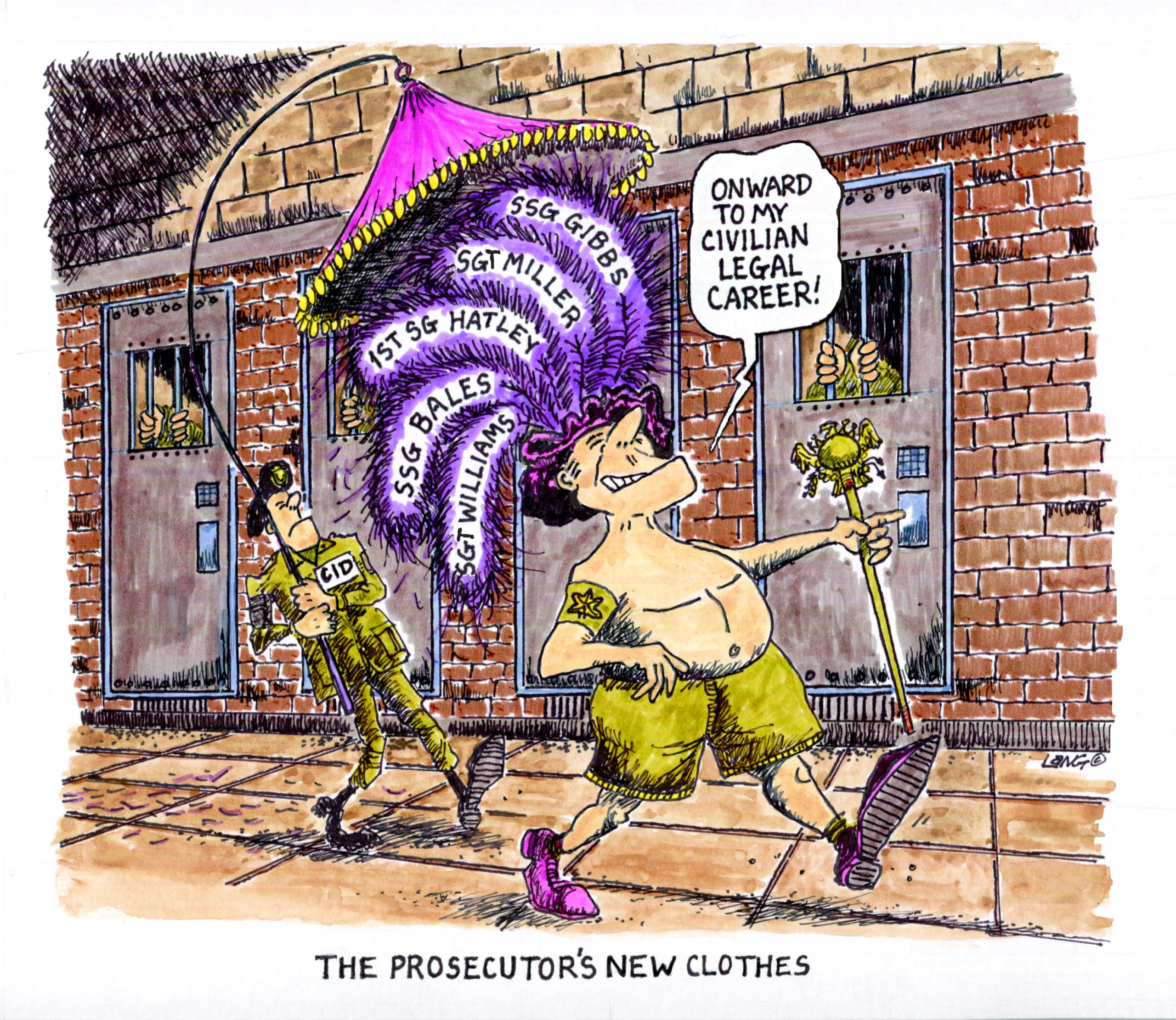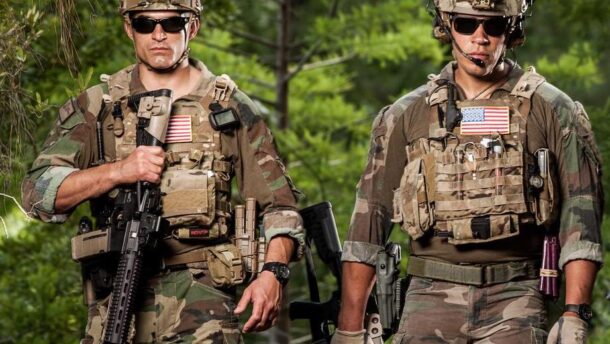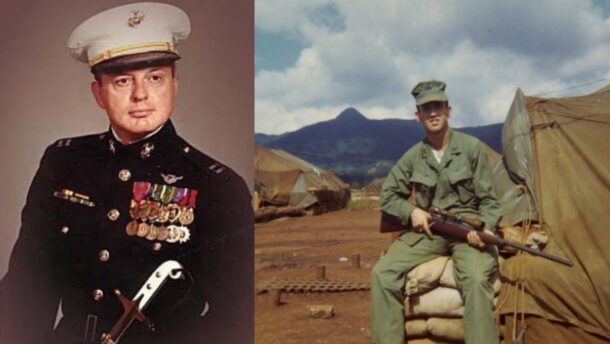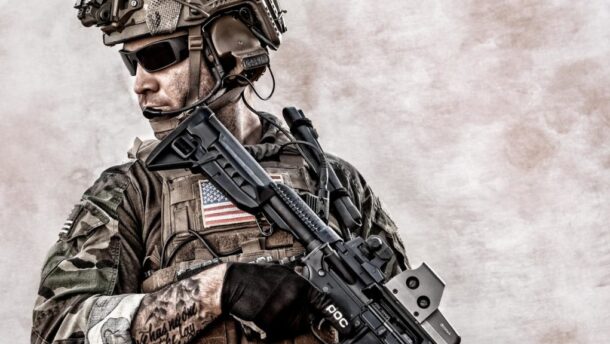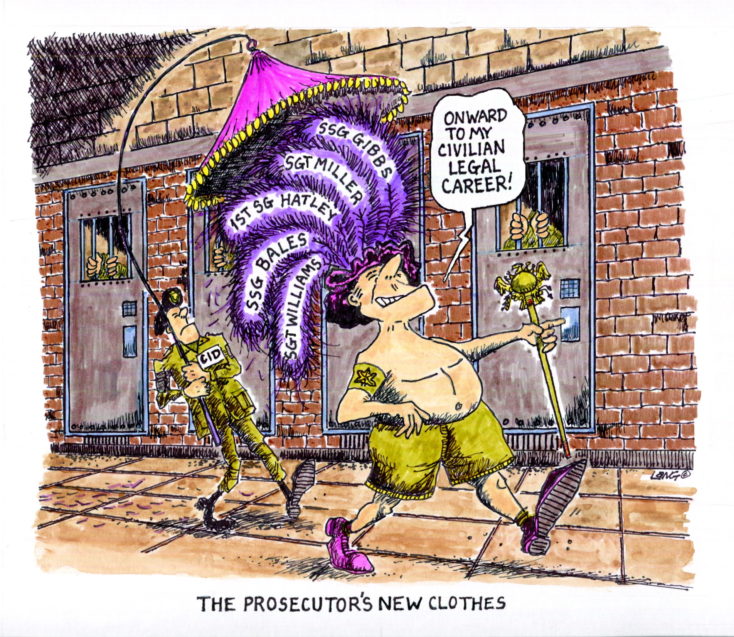
The Uniform Code of Military Justice (UCMJ) was created in 1950 with the intent of allowing commanders to ensure good order and discipline among the ranks of a primarily compulsory military. Today the military is comprised of a fully volunteer force of men and women who freely choose to serve, but its once appropriate legal system has since evolved into a routinely sinister tool for morally bankrupt, self-serving commanders and military prosecutors to build their résumés and transition to a lucrative civilian legal career touting their having done “justice”, which is really a rouse secured under the guise of legitimacy.
As far back as 2002, before the War on Terror had fully ramped up, a special report from the U.S. News & World Report referred to it as a system that “was designed to enforce discipline, not justice.” That is accurate. The overarching intent behind the UCMJ was to maintain good order and discipline through swift justice in field or expeditionary settings. There was no intent for the UCMJ to evolve into an entire body of constitutional jurisprudence.
Assuredly, no one can seriously argue that the UCMJ is worse than the preceding Articles of War, but the military is still using an antiquated disciplinary system from the Jim Crow era that is rife with unlawful command influence (UCI). Retired General Raymond Odierno once stated that UCI, which takes advantage of the fact that the convening authority selects a jury that reports to him or her and are directly or indirectly rated by him or her, “continues to be an insidious problem in our military justice system and is of grave concern to me”. The same U.S. News report from 2002 stated that UCI is the “mortal enemy of military justice”.
Can the greatest country on earth not do better than that after 70 years of injustice?
Senior military officers and prosecutors are held to a separate standard despite instances of their own unethical, immoral, and – in some cases – illegal behavior, of which there are many documented cases.
It is not uncommon for retired officers to take victory laps in the media many years after a case has been decided – more than a decade later in some cases – with stories about their role in putting an American service member behind bars for supposed war crimes. Often, an accused is presumed guilty before any trial on the merits, after all, why else would the commanding general send the case to a general court-martial, goes the line of thinking. Then, their statements to the media fuel the perception of guilt against the accused and justify their own immoral actions, post hoc, to protect the military rather than the constitutional rights of a service member, who is beyond a shadow of a doubt, innocent until proven guilty under American law.
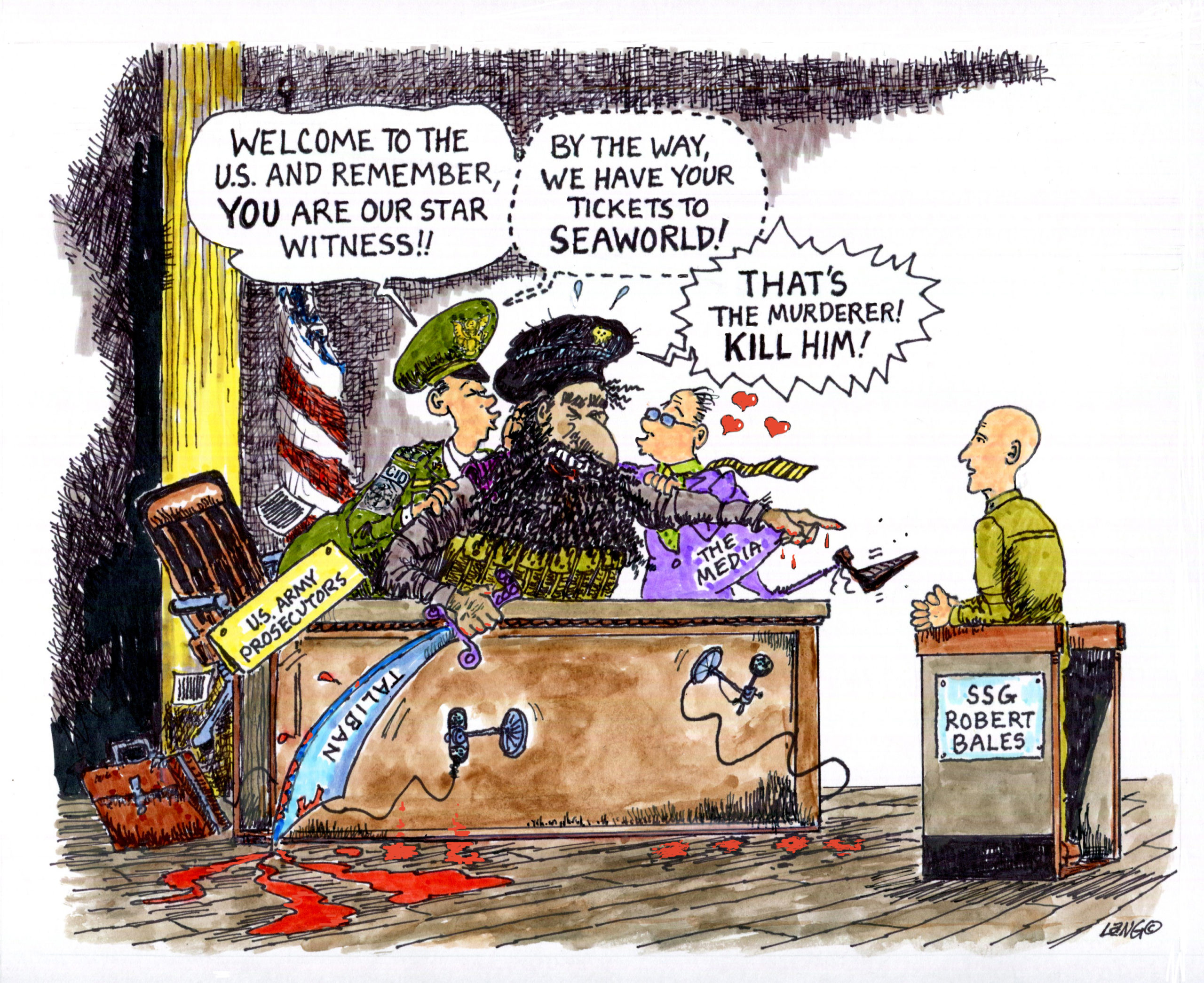
More than ten years after Army Staff Sergeant Robert Bales was sentenced to life in prison, lead prosecutor for the case, Army Lt. Colonel Jay Morse, continues to brag through Op-Eds in the media about how he put Bales behind bars. Morse was emboldened by the fact that then-President Obama instructed the military to “prosecute the case aggressively” and then-Defense Secretary Panetta said Bales could face the “death penalty” prior to any charges or investigation.
In a speech at Emory School of Law given on November 21, 2013, Morse describes the difficulties that his team encountered with the case. Those challenges included an investigation that produced no bodies, evidence gathering that produced no forensics, and that used witness testimonies from known Taliban members and Afghans who left their prints and DNA on improvised explosive devices, making them enemy combatants (which was not revealed by the prosecution to the defense as legally required, before trial).
In the video below, in Morse’s own words in his speech on “military justice” at the Emory School of Law, it shows him taking an unapologetic victory lap describing how he violated Bales’ rights in order to get a conviction.
Morse makes it clear that from the start, success for him meant getting a “conviction”, making sure the victims were “satisfied”, and that his prosecution team made “no insurmountable mistakes”. Morse also states his theory was that “SSG Bales really was just a bad guy”, and we had “to overcome any sympathy that our jury might have had for a soldier who was on his fourth deployment”.
What Morse conveniently ignores is that not long after, Morse was kicked out of the Army due to allegations of sexual assault – ironically while he was the Army’s chief prosecutor of sex crimes. Morse attempted to kiss and grope a fellow sexual assault prosecutor against her will while they were attending a 2011 conference on sexual crimes. He left the Army in disgrace in 2014 but is still determined to remain attached to the Bales case in the media despite omitting several shocking revelations that came out after the trial concluded.
The prosecution literally flew in known Taliban fighters and bombmakers to testify against Bales and recommend the death penalty. These terrorists were flown in on commercial flights – sitting next to American citizens – and paid for it with U.S. tax dollars.
One of the known terrorists, Haji Wazir, sported a visible Taliban tattoo on his hand, yet Morse never disclosed this information and to this day refers to the known terrorist as an Afghan farmer. If that wasn’t bad enough, Morse and his team even used taxpayer dollars to send the terrorists to Sea World!
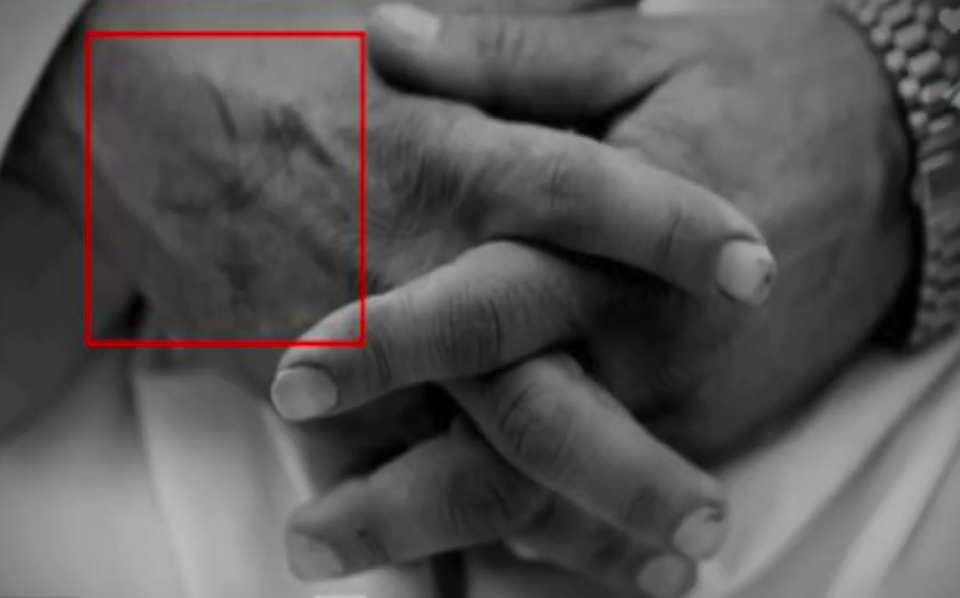
In the video below, respected biometrics expert and retired law enforcement professional Bill Carney explains just how badly the prosecution team mishandled Robert Bales’ case.
In another case of an officer who went to the media to perpetuate lies that were disproven in court, retired Army Lieutenant General Frank Kearney made false statements against a group of Special Operations Marines (MARSOC). He played a role in having them kicked out of Afghanistan before the preliminary investigation was complete. In the video below, then-Major General Kearney states that MARSOC, “was not ready for prime time…weren’t trained properly, they had a different attitude that they brought with them from Iraq…it was the easiest decision I’ve ever made (referring to expelling MARSOC from Afghanistan) …with the toughest blowback that I’ve ever had in my military career”.
Kearney made those statements nearly a decade after the highly trained and experienced Marines were found to have been innocent of all charges and that they acted appropriately in reaction to a complex ambush and vehicle borne IED attack carried out against their patrol. Kearney, like Morse, continued to publicly states his false allegations of a capital offense without any remorse at all, even after proven to be false in a court of law.
Kearney goes on to state, “Officers are the conscience of an organization…it’s your job as a leader. You have to hold people accountable.” Yet Kearney has never held himself accountable for the facts proven in court against his biased investigations.
While officers like Morse and Kearney historically have not been held accountable for their own actions, they are all too willing to slander their victims in the media. In Washington, D.C., the words under the apex at the Supreme Court state, “Equal Justice Under Law”, but too often our senior military leaders do not adhere to that.
As far back as 2002, U.S. News quoted retired Army Major Glenn MacDonald as saying “Military prosecutors can throw the book at enlisted men and women, but the services tread lightly when it comes to generals and admirals. Some have been disciplined and forced to retire, but the military has court-martialed only three general officers – two Army generals and an admiral – in the past 50 years.”
The UCMJ is deeply flawed, just like its corrupt prosecutors and commanders, because it is a system that that gives total power and moral authority to poorly trained commanders and rewards corrupt prosecutorial behavior while also denying basic constitutional rights to service members. Well over 90% of all military courts-martial result in a conviction, meaning 9 times out of 10, the service member is going to prison – a number nearly twice the amount of civilian court convictions.
Is it really believable that American service members are actually that bad, or is it more likely that the legal system is aligned against them?
Governed by unlawful command influence and poorly trained commanders, court-martialed service members are denied a true jury of one’s peers (the jury works for the commander and convening authority), they are denied a unanimous verdict (jury only needs ¾ votes to convict), and they are denied a grand jury trial (a panel can be as few as five members). Once convicted, they face a dismal 9.3% to 19.5% chance of parole approval according to statistics from 2013-2019, which is far less than half of the odds for parole approvals that convicted civilians receive.
With the last changes to the UCMJ being implemented in 2018, it is time to recognize that slapping lipstick on this pig is not the solution. Congress must act with a major overhaul to the military legal system to ensure that American service members no longer have their rights taken away. United American Patriots (UAP) and the U.S. Congressional Justice for Warriors Caucus are fighting for the drafting of new bills that can change or replace the UCMJ for the better.
However, any significant progress is critically dependent on our elected officials establishing and enforcing consequences for prosecutors who withhold exonerating or mitigating evidence.
You can directly support American Warriors by making a tax-exempt donation to United American Patriots (UAP, Inc.) today in support of the legal fees they are accruing, and by contacting your state representatives and the U.S. Congressional Justice For Warriors Caucus to urge them to demand that military leaders and prosecutors be held accountable for their actions.
